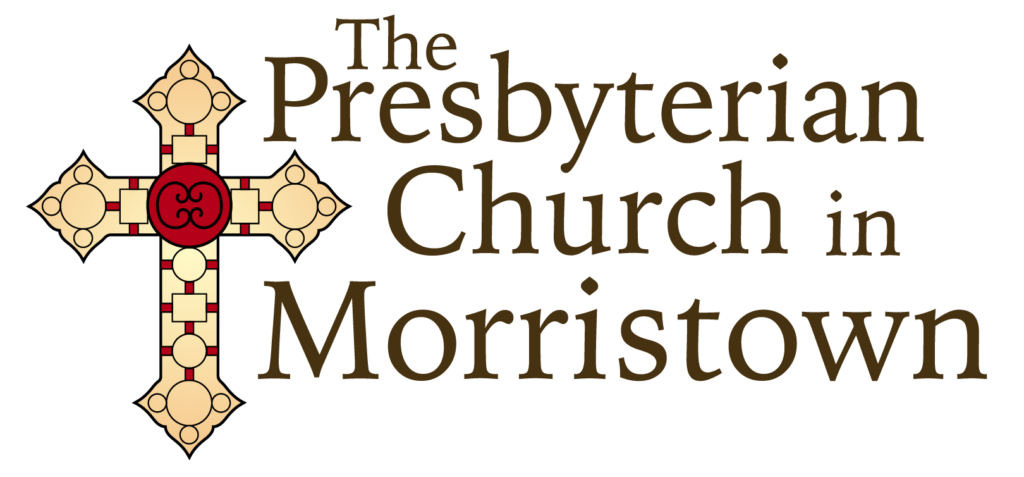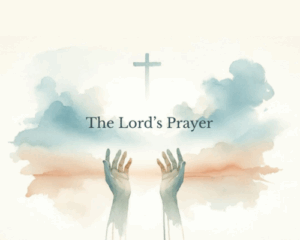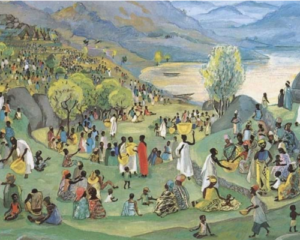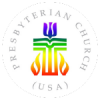Dear PCM Family,
Back in March, I had the privilege of attending an event sponsored by the Presbyterian Foundation. A couple times each year, the Foundation brings together thirty pastors for three days of learning and collaborating across a variety of topics that the cohorts choose in advance – topics that are relevant to the work of ministry. When I met with my cohort, one of the topics that got the most traction and had the liveliest discussion was about leading churches through the upcoming election cycle.
Well… here we are… the election cycle is now in full swing. And so, what should we, as a church, say about it? If we say nothing, we are surely out of step with the world beyond our walls. People are talking about politics in their everyday life; and if they’re not discussing it openly with friends and family, they’re certainly giving it a lot of personal thought. Shouldn’t the church have something to say about things that are on the hearts and minds of parishioners?
But, if we do address matters of politics and the issues that people are already thinking about – we also run the risk of saying things that some might disagree with or that others may view as too controversial for church. The Rev. William J. Barber once said, “Preachers don’t get to stay out of politics. We are either chaplains of empire or prophets of God.” I think about that statement a lot.
In our group discernment, my little cohort of pastors at the Presbyterian Foundation event had mixed wisdom, reflecting the various options above. All of us agreed with Rev. Barber’s assertion that we preachers don’t get to stay out of politics. But how do we do so prophetically, faithfully, and pastorally?
What I keep coming back to is the wisdom of Jesus, who commanded us to love our enemies and to pray for those who persecute us. That’s easier said than done, of course. It also just so happens that many of us (fortunately) don’t have powerful enemies in the same way he did. But most of us do have neighbors… and Jesus also commanded us to love them.
And so, this autumn – this election cycle – we’re going to be talking a lot about loving our neighbors. How do we love the neighbor who goes door-knocking for the candidates we don’t like? How do we love the neighbor who advocates for policies we disagree with? How do we love the neighbor whose opinions we find downright offensive? How do we love our neighbors and not turn them into our enemies?
Maybe, “love your neighbor” is a political statement after all.
In Christ’s love,
Daniel





